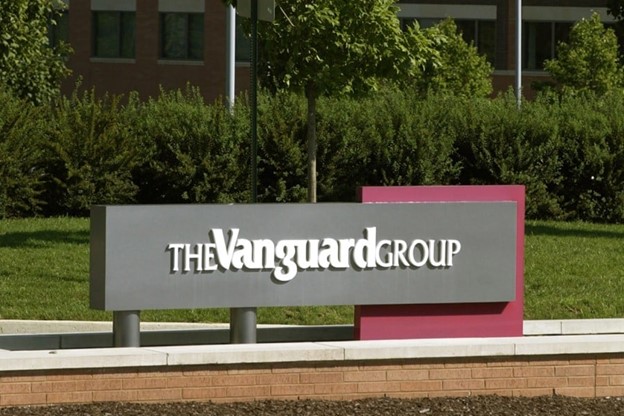

For advisors who still have clients invested in mutual funds directly through Vanguard’s legacy transfer agent system, that company dropped some big news: That option is closing at the end of 2025.
But there may not be very many advisors using that route to invest client assets anymore.
“Vanguard’s been pushing this into position for it seems like a decade,” said Jeff DeMaso, editor of The Independent Vanguard Adviser, noting the transition it has been making to its brokerage.
The old system, which allows investors to invest directly in individual funds whose shares they hold, is cumbersome – especially if they invest in more than one fund, he noted. Those clients essentially have one account per fund, meaning that having a portfolio of 10 Vanguard funds would mean 10 accounts and 10 separate tax forms, he said.
In Vanguard’s case, it was a no-brainer to switch to the brokerage option, which is operationally much simpler, he said.
And brokerages have pushed against the use of held-away assets that are invested directly with funds. Several years ago, for example, Avantax instituted a $60 annual account fee for advisors who accessed funds directly for clients, rather than through the brokerage.
Vanguard has also made its own nudges, including a $25 per fund fee for its direct fund legacy system last year, though that was waived for some clients with at least $5 million at the company. How effective that strategy has been at moving fund shareholders to brokerage accounts is a bit of a question, given that it just sent notices to shareholders of the impending closure, DeMaso noted.
“There are some cases where I think people do lose some functionality” by switching to the brokerage account, such as check writing, but those instances are quite limited, he said.
“By and large it really should be neutral for the client.”
However, those who do still invest directly with the company’s mutual funds will have to go through a few steps to ensure their settings are the same if they switch to Vanguard brokerage accounts, such as for directing dividends being invested or setting up automatic investment plans, he said.
“Operationally it should be the same.”
The company did not disclose to InvestmentNews the approximate number of clients and assets affected by the change.
“Our VBA is a modern investing platform for retail investors with a simplified web experience, access to Vanguard’s mobile app, and greater accessibility to a wider variety of products, including Vanguard ETFs,” a spokesperson said in an email. “Vanguard will retire our legacy Transfer Agent (TA) platform for retail investors by the end of 2025. As such, we are working with current TA-account holders to transition them to a VBA.”
That will certainly force some advisors to change, but most have moved away from investing client assets that way, said Chuck Failla, CEO of Sovereign Financial Group, in an email.
“I can't think of any advisors that still use that solution. I'm sure some do, but, I can't imagine it is a meaningful percentage.”

Executives from LPL Financial, Cresset Partners hired for key roles.

Geopolitical tension has been managed well by the markets.

December cut is still a possiblity.

Canada, China among nations to react to president-elect's comments.

For several years, Leech allegedly favored some clients in trade allocations, at the cost of others, amounting to $600 million, according to the Department of Justice.
Streamline your outreach with Aidentified's AI-driven solutions
This season’s market volatility: Positioning for rate relief, income growth and the AI rebound
